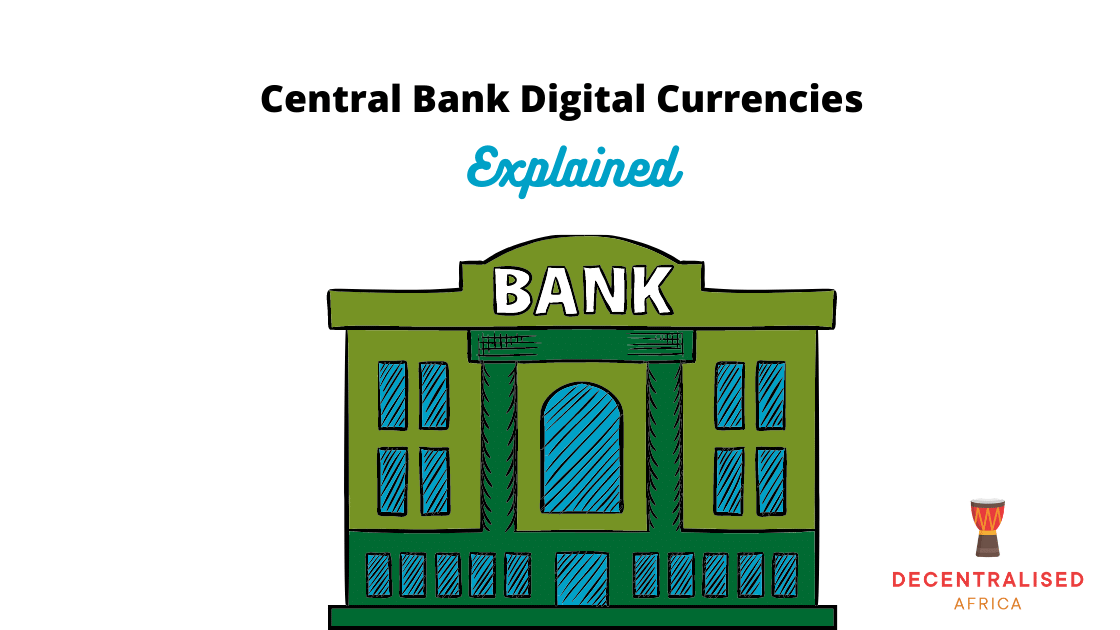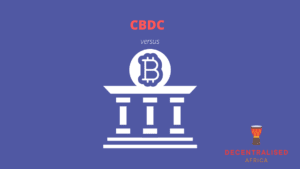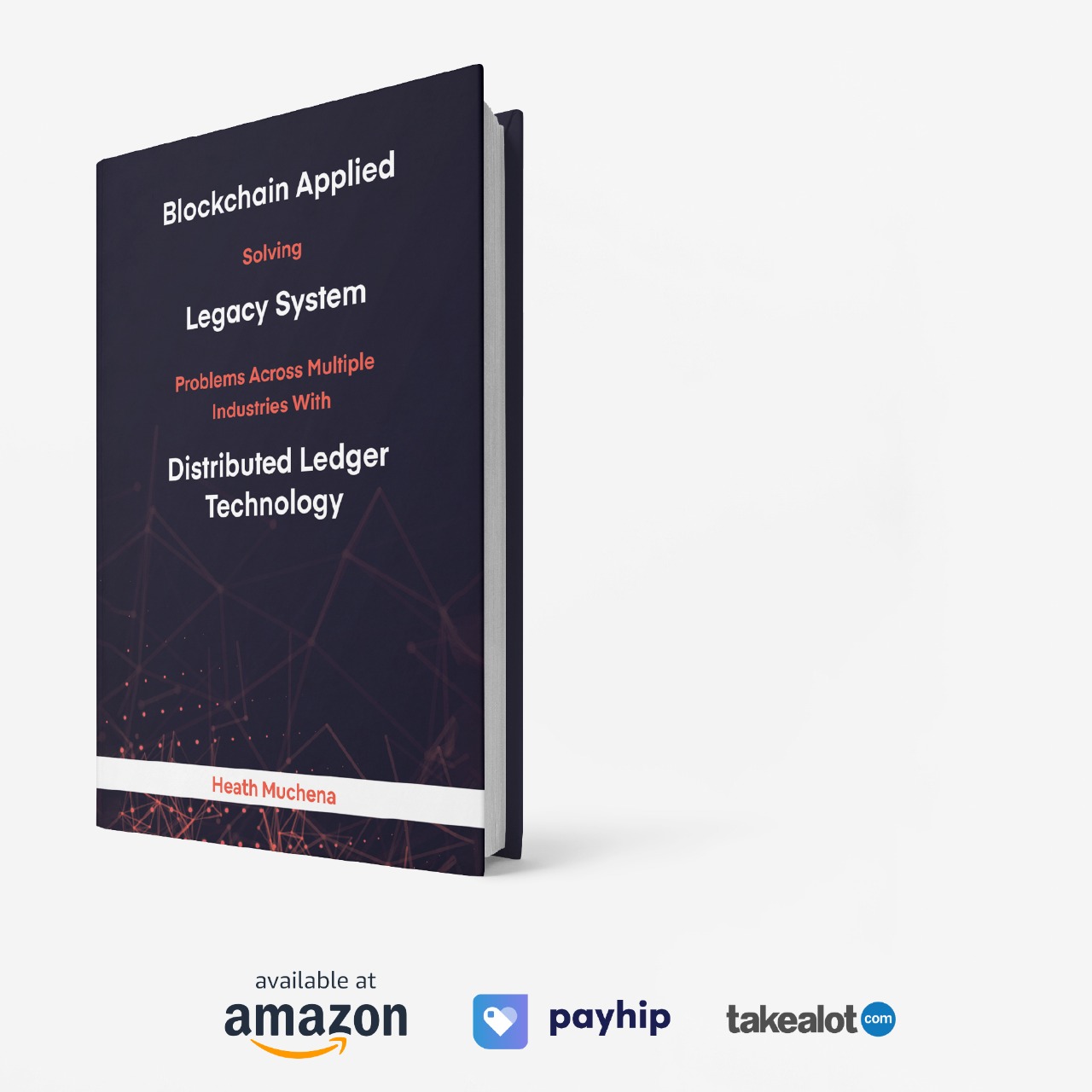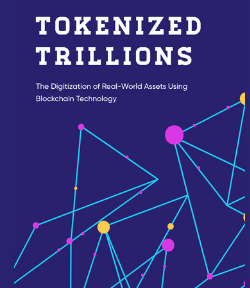
Understanding Central Bank Digital Asset Issuance
The implementation of digital currencies and blockchain technology in the modern payment systems of today has been on the rise; particularly in 2020. The need to make secured and cashless transactional operations online has been fueled by the effects of the COVID-19 pandemic – people forced to stay home due to nationwide lockdown measures. The growing attraction to Bitcoin and other cryptocurrency projects such as Facebook’s Libra has given governments insight into the disruptive potential of the transformational innovation that is blockchain technology.
Issuance of a CBDC would probably not alter the basic mechanics of monetary policy implementation, including central banks’ use of open market operations. Read more about that here.
What is CBDC?
CBDC raises old questions about the role of central bank money, the scope of direct access to central bank liabilities and the structure of financial intermediation. According to the BIS, which is is owned by 63 central banks, representing countries from around the world that together account for about 95% of world GDP – CBDC is potentially a new form of digital central bank money that can be distinguished from reserves or settlement balances held by commercial banks at central banks.
“There are various design choices for a CBDC, including: access (widely vs restricted); degree of anonymity (ranging from complete to none); operational availability (ranging from current opening hours to 24 hours a day and seven days a week); and interest bearing characteristics (yes or no).”
Many forms of CBDC are possible, with different implications for payment systems, monetary policy transmission as well as the structure and stability of the financial system.
Different types of CBDCs
Central Bank Digital Currency (CBDC) is the replicant of a legal tender of a country in the form of cryptocurrency. The relative mechanism of operation of CBDCs implements a similar mode to that used for digital currencies on a blockchain and public transactional records. While some similarities in operations are present, they are still distinct in the fact that CBDCs will be made available to the public through government regulated systems, i.e., their operations are monitored by the government and can be used in an economic system of trade. The CBDCs are of two types, Wholesale and Retail CBDC, and are used distinctively.
The Wholesale CBDC is used for transactional purposes involving the central bank and other financial institutions. It also applies to cross-country or international transfers between banks. Retail CBDC as the name implies is used by individuals for small transactions.

Benefits of CBDC
The introduction of new technology to the finance sector ensures that it is constantly evolving to meet consumer needs hence the need to introduce digital currency. Some of the benefits of Central Bank Digital Currency are;
- CBDC brings a new sense of security as a payment solution to retail shopping, P2P, or wholesale transactional operations.
- CBDC reduces the need for fiat currency and promulgates the use of regulated digital options thus preventing fraudulent operations.
- Cross-country payments can now be made easier and faster with the use of a regulated digital currency.
- The need to print fiat currencies will be reduced with government-approved digital currencies thus saving the government considerable resources.
Demerits of Adopting Central Bank Digital Currency
The imminent threat posed by digital currencies is that commercial banks could see a reduction in deposits. This would be disruptive to legacy banking since the consequence is a reduction of funding. Banks’ typically have their value propositions based around competitive deposit and interest rates. KYC/AML processes could also be further centralised leaving financial institutions and other entities with less areas of control in the new financial order.
The attacks by cyber terrorists are also a threat. Although the advantages are almost limitless, the effect on the economy is still uncertain due to the possibility of inflation, instability, and exchange rate values.
Where CBDCs Stand Today
The interest in digital currency and its efficiency is one being touted by many countries. Below is an overview of some countries exploring its feasibility:
- China: The Asian country is arguably the most populated in the world with over 1 billion seems ready to embrace the digital currency. Reports show they are the leading researchers on the project and commenced their testing in early 2020. The preliminary phase of testing has been scaled. In April 2020, RMB 1.1 billion ($162 million) was involved in over 3 million digital Yuan transactions and ended in August thereby ranking the most frequently processed CBDC for commercialization.
- Sweden: The interest of the country in CBDC since its inception and are also among the earliest researchers of the currency. Reports show that they began testing their currency e-krona at the start of 2020 with beliefs that it would commence operations by 2023 after completing all tests.
- Uruguay: Uruguay’s alpha testing for its e-peso digital currency was spearheaded by top financial institutions in 2017. But since then, there has been no indication of full-scale adoption in the country.
- France: France began research on its digital currency at the start of 2020 and has scaled the first phase of testing so far.
Conclusion
Digital currencies are now being considered by institutions such as the IMF as promising and useful alternative payment solutions. Several countries are looking to implement CBDC into the traditional monetary system to remain relevant in this new age of finance.






